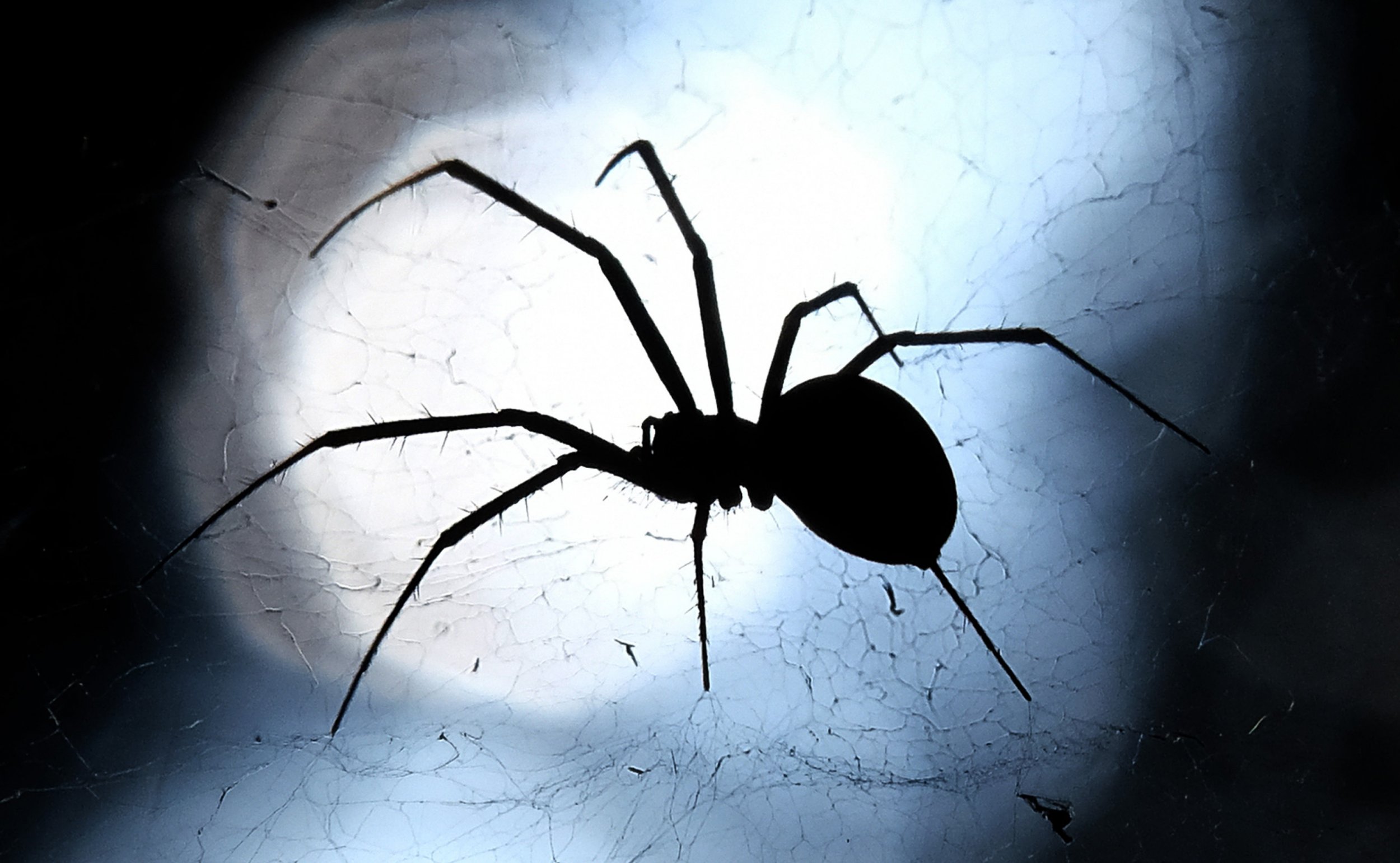
Spiders are gross and scary, a fact that even babies as young as six months old seem to know. Aversion to spiders and snakes is a widespread trait that seems to transcend culture lines, but until now it was not clear just where this fear stems from. Now a new study has found strong evidence to suggest that our fear of creepy crawlers is not learned but rather innate.
While it's not exactly safe, try throwing spiders on infants and see how they'll react. Scientists at the Max Planck Institute for Human Cognitive and Brain Sciences (MPI CBS) in Leipzig and the Uppsala University, Sweden, recently did the next best thing. The team showed six month old babies photos of safe images, such as flowers and fish, and dangerous images, such as snakes and spiders, and gauged their subconscious reaction via pupil dilation.
Related: Black widow spider bites Massachusetts child, parents issue warning
Pupils dilate in response to a number of factors, ranging from sexual stimulation to disgust, and fear is no different. This dilation is a result of the body's flight or fight response, and occurs when we are under stress—such as coming face to face with a fanged creature. In most cases it's not under our control.
"When we showed pictures of a snake or a spider to the babies instead of a flower or a fish of the same size and color, they reacted with significantly bigger pupils", said lead study researcher Stefanie Hoehl, a neuroscientist at MPI CBS and the University of Vienna, in a statement. "Even the youngest babies seem to be stressed by these groups of animals."
Related: Freaky spiders engage in threesomes to avoid being cannibalized
These results, published online in Frontiers in Psychology, suggest that fear of snakes and spiders is innate and has evolutionary origins. Although the average American will likely not come face to face with a poisonous spider or snake in his or her daily life, our ancient ancestors once lived side-by-side with these dangerous creatures. This theory posits that those without the innate aversion to hazards such as snakes and spiders likely did not survive long enough to reproduce. As a result, a genetic predisposition to fear snakes and spiders would have spread further and faster among our species.
It's important to note that fear of spiders and snakes is different from a phobia. While general aversion to spiders and snakes may cause an increased heart rate, in the case of true phobias fear of spiders can disrupt an individual's daily activities and in extreme cases can lead to anxiety and depression.
Poisonous spider bites are pretty rare: if you live in the U.S., you're more likely to die from a bee sting than a spider bite. Still, aversion to these creatures has helped our species to survive for hundreds of thousands of years so there's no reason to change our attitude now.
Uncommon Knowledge
Newsweek is committed to challenging conventional wisdom and finding connections in the search for common ground.
Newsweek is committed to challenging conventional wisdom and finding connections in the search for common ground.
About the writer
To read how Newsweek uses AI as a newsroom tool, Click here.








